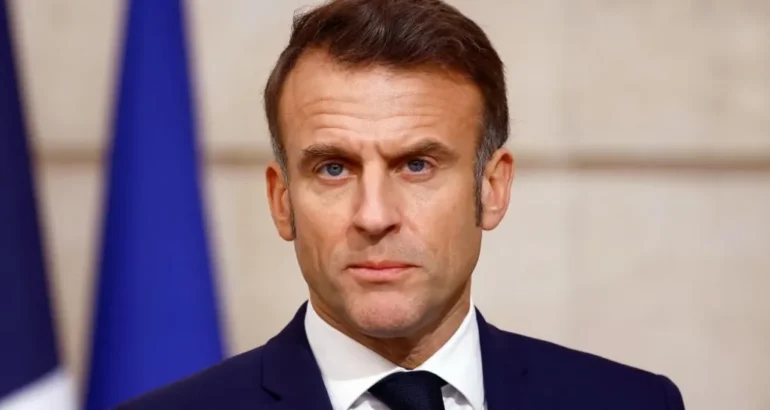French President Emmanuel Macron has announced that he will appoint a new prime minister “in the coming days” following the resignation of Michel Barnier after a no-confidence vote in parliament.
In a 10-minute address to the nation on Thursday, Macron rejected calls for his resignation, stating that he would remain in office “fully, until the end of the mandate” in 2027.
Macron held talks on Friday with Socialist leaders, who expressed a willingness to negotiate in forming a government under a short-term arrangement. The Socialists, along with the far-right and other left-wing factions, had voted to remove Barnier just three months after he was appointed by Macron.
The president expressed his gratitude for Barnier’s dedication during his brief tenure and criticized parliamentarians for collaborating in what he called an “anti-republican front” to undermine the government. The no-confidence vote marked the first time in over six decades that a French government had been ousted by parliament, an event Macron described as “unprecedented.”
In France, it is the president who appoints the prime minister, who is then responsible for running the government. However, the prime minister must maintain parliamentary support, and Barnier’s brief tenure ended after just three months due to the no-confidence vote.
Finding a replacement who will gain parliamentary approval may prove challenging for Macron, especially given the political deadlock resulting from snap elections in June. The National Assembly is divided into three major blocs: the left, the center, and the far-right. For Macron’s next prime minister to succeed, it is likely that at least some members of the left bloc will need to be persuaded to join the government.
On Friday, Macron met with leaders from his centrist “Macron camp” and Socialist representatives, aiming to convince them to break from the broader left-wing coalition, the New Popular Front. Discussions also involved right-wing Republicans.
Socialist leader Olivier Faure expressed openness to negotiations and compromises to form a government, but emphasized his reluctance to support the continuity of Macron’s policies. He indicated that a limited-term government could be a possible compromise.
With no new parliamentary elections scheduled until July 2025, Faure’s comments on considering a short-term government appear to reflect the current political uncertainty.


